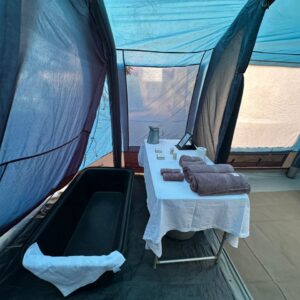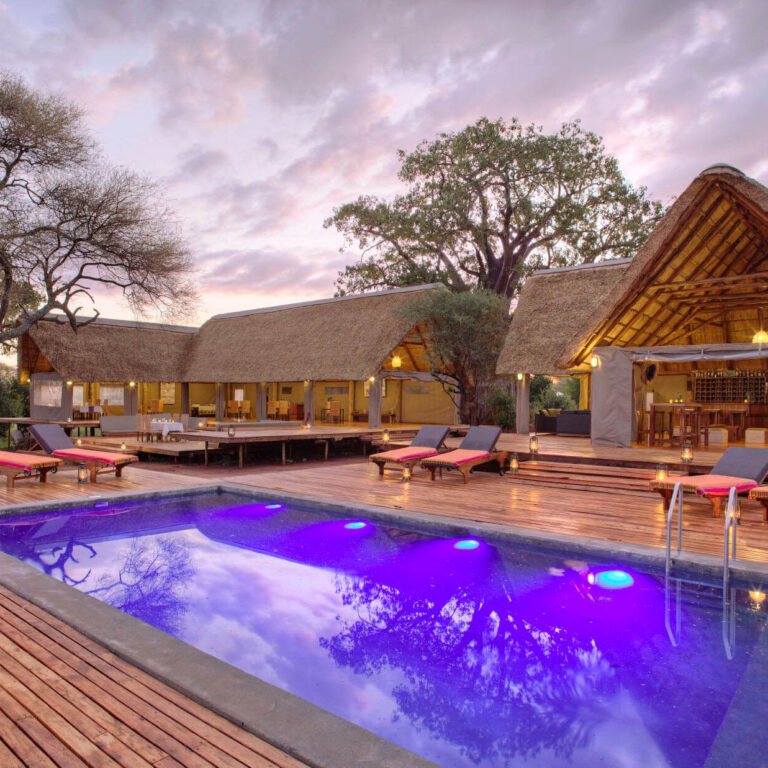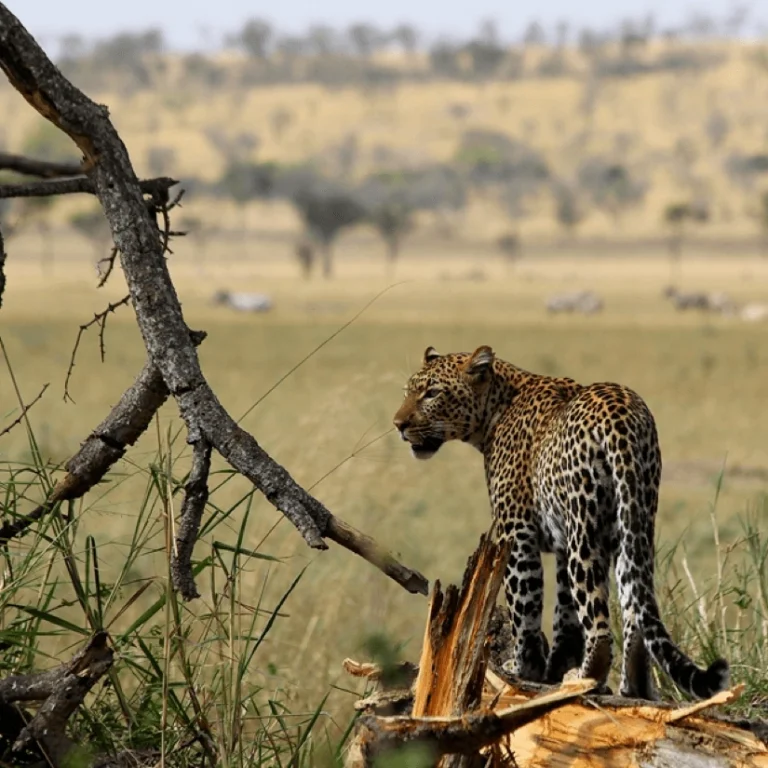Most Effective ways how to Train For Climb Kilimanjaro.
Embark on your Kilimanjaro adventure with our guide on how to train for Kilimanjaro climb. Discover essential tips and insights for a successful ascent, ensuring you’re prepared both physically and mentally.
Preparing for a Kilimanjaro climb is no small feat, requiring careful planning and dedication. In this guide, we’ll explore the ins and outs of how to train for Kilimanjaro climb, covering everything from physical conditioning to mental preparedness. Whether you’re a seasoned trekker or a first-time adventurer, our comprehensive guide will ensure you conquer Africa’s highest peak with confidence.
Understanding the Terrain and Challenges
Navigating Kilimanjaro’s diverse terrain demands a profound understanding. From the lush rainforests to the icy summit, each stage requires specific training. Learn how to adapt your training routine to conquer Kilimanjaro’s unique challenges.
We suggest training six to 12 months for your climb, gradually improving your fitness. Be careful not to overdo it as injuries are a big setback. How should I train for Kilimanjaro? The primary and most important way to train for a Kilimanjaro trek is to go on hikes. Some of the most effective leg-conditioning exercises.
Setting Realistic Fitness Goals
Tailor your fitness goals to Kilimanjaro’s demands. Discover a Training recommended to prepare for climbing Kilimanjaro, balanced approach to endurance, strength, and flexibility training that ensures you’re adequately prepared for the physical demands of the climb.
Most people will need to train specifically for climbing Kilimanjaro for at least three to four months. During your training, you will need to progressively ramp up your hike time, distance, and elevation gain (at roughly 10% per week) to carefully and effectively build your trekking-specific conditioning.
Altitude Acclimatization Strategies
Kilimanjaro’s high altitudes pose a significant challenge. Uncover effective strategies to acclimatize to varying altitudes, reducing the risk of altitude sickness and enhancing your overall climbing experience.
Nutritional Preparations for Peak Performance
Fuel your body for success with proper nutrition. Explore a diet rich in essential nutrients, designed to optimize energy levels and support endurance during the demanding Kilimanjaro ascent.
Selecting the Right Gear and Equipment
Equip yourself with the necessary gear for a safe and comfortable climb. From most effective ways Preparing to Climb Kilimanjaro quality footwear to weather-appropriate clothing, learn how to choose the right equipment essential for Kilimanjaro’s ever-changing conditions.
Mental Resilience: Overcoming Challenges
Conquering Kilimanjaro is as much a mental challenge as a physical one. Develop mental resilience strategies to overcome obstacles, training for Kilimanjaro & Preparation guide to hike up, stay motivated, and maintain a positive mindset throughout the climb.
Incorporating High-Intensity Interval Training (HIIT)
Enhance your fitness level with HIIT, a powerful training method proven to boost cardiovascular endurance. Discover how HIIT can be a game-changer in preparing your body for Kilimanjaro’s demanding ascent.
Recovery and Rest: Essential Elements
Understand the importance of proper recovery and rest in your training regimen. Explore effective preparing to climb Mount Kilimanjaro, recovery techniques that ensure your body is ready for each stage of the Kilimanjaro climb.
Hydration Strategies for High Altitudes
Maintaining proper hydration is crucial at high altitudes. Uncover effective how to prepare for Climbing Kilimanjaro, hydration strategies to prevent dehydration and support your body’s optimal performance during the Kilimanjaro climb.
Expert Tips from Kilimanjaro Veterans
Gain insights from seasoned Kilimanjaro climbers. Discover Kilimanjaro Training valuable tips and tricks from those who have successfully reached the summit, Fitness and Training Plan for Kilimanjaro Treks offering firsthand knowledge to enhance your own climbing experience.
The Importance of Local Guides
Highlighting the significance of experienced local guides in ensuring a safe and successful Kilimanjaro climb. Explore the role of guides in navigating the route, understanding the terrain, and providing essential support.
Environmental Considerations: Leave No Trace
Promoting responsible trekking, delve into the importance of environmental considerations. Kilimanjaro Fitness and Training, Learn how to minimize your impact on Kilimanjaro’s ecosystem, leaving no trace and preserving the natural beauty.
Celebrating Milestones: Enjoying the Journey
Beyond the summit, appreciate the entire Kilimanjaro journey. Explore ways to celebrate milestones, connect with fellow climbers, and make lasting memories on this awe-inspiring adventure.
Post-Climb Reflection and Recovery
The climb doesn’t end at the summit. Reflect on your achievement and prioritize post-climb recovery. Discover essential steps to ensure a smooth transition back to lower altitudes.
Do you need altitude training for Kilimanjaro?
Climbing Kilimanjaro is a physical challenge. Many people underestimate the fitness required for this mountain. (Or say they would have enjoyed the trip more had they been in better shape.) Simulated altitude training will not only help you get in shape for the climb, but also prepare you for the altitude.
How do you get fit to climb Kilimanjaro?
Walking, especially hill-walking, is an excellent preparation, as is cycling. But where this is not an option, stair-climbing is a good alternative. Gym workouts are not necessary unless you prefer them. Dancing is also an excellent way to build up suppleness and stamina.
What is the best exercise for climbing Kilimanjaro?
Preparing to Climb: Training and Workout Programs for Kilimanjaro: Every climber should engage in regular aerobic training to prepare for Kilimanjaro. Cardiovascular exercise or simply, ‘cardio’, can be exercises such as running, jogging, cycling, and even aerobic dance classes.
How long does it take to train to climb Kilimanjaro?
Training for mountaineering focuses on building a sport-specific fitness developing cardiovascular endurance training, flexibility, and strength training. The training information here will help you arrive prepared for the mountain. Most people will need to train for a Kilimanjaro climb for at least 4-6 months.








